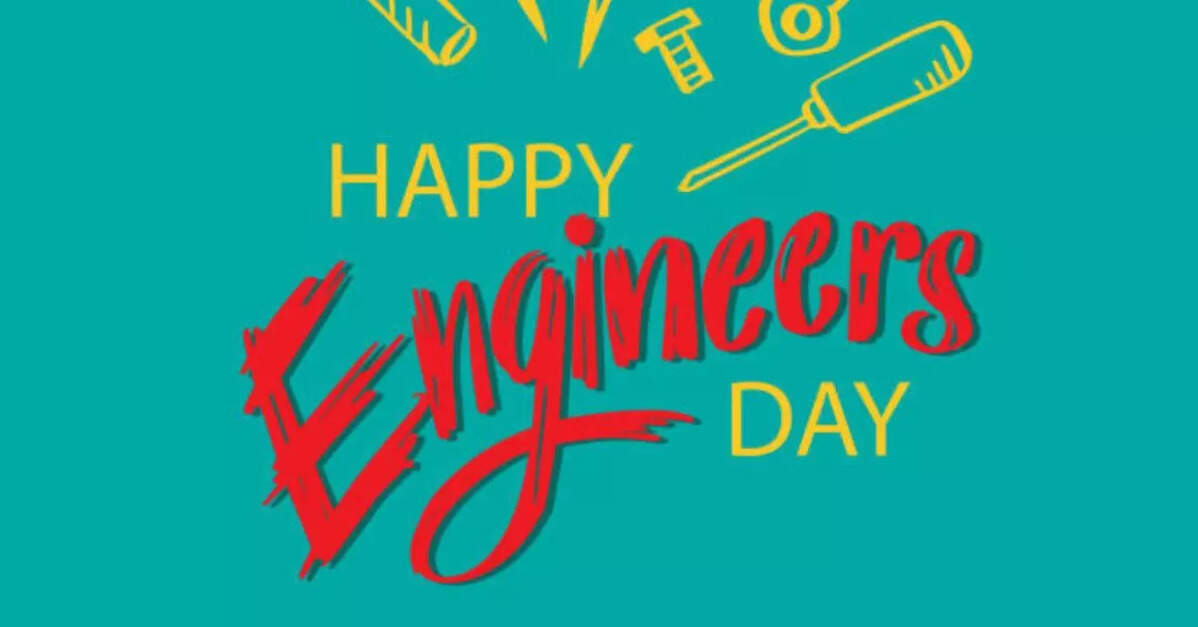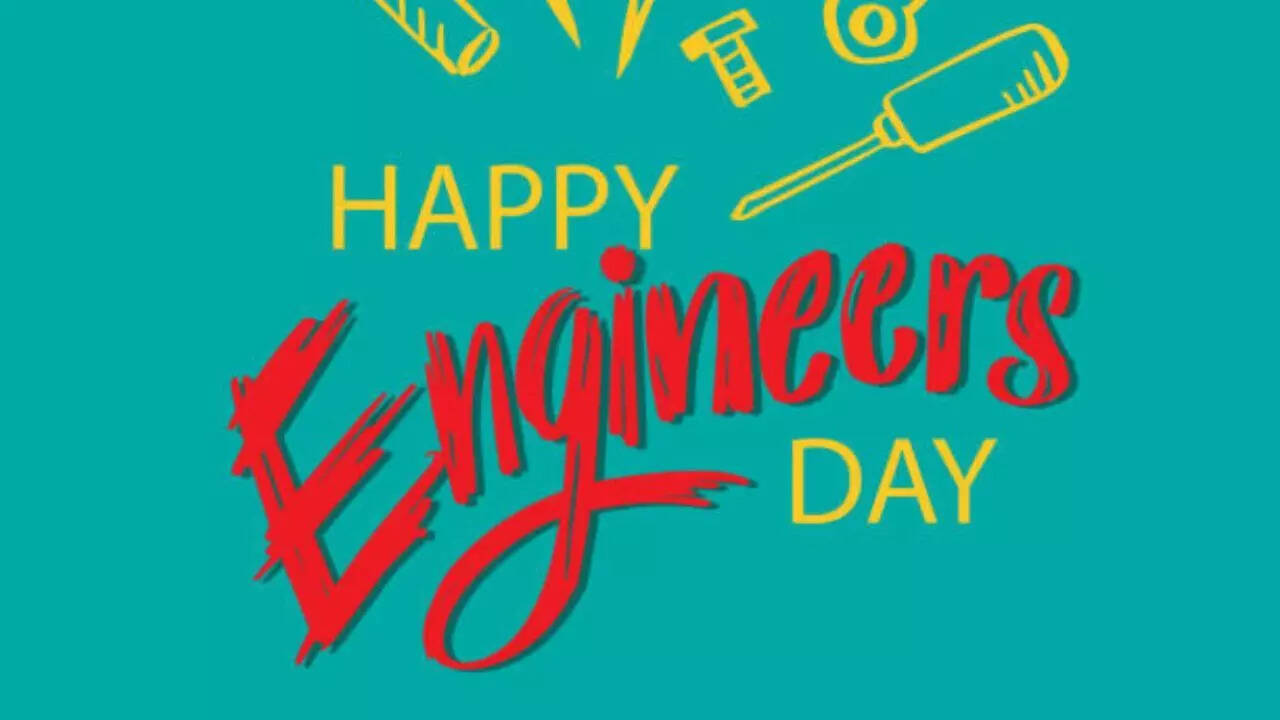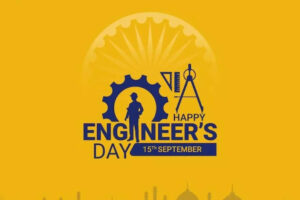
An Engineer’s Day reflection, ETEducation

On this Engineers’ Day, as we remember the profound legacy of Sir M. Visvesvaraya, it’s natural to reflect on how far we have come. He built the physical backbone of our nation—the dams, the power plants, the irrigation systems that literally fueled India’s growth. His work was tangible, a concrete promise of progress that the public could see, touch, and rely on. In our time, the very nature of engineering has shifted. The modern engineer is less a builder of steel and more an architect of data, crafting the invisible infrastructure of our digital lives. Yet, with this transition comes a new, more urgent responsibility: to build not just a robust digital system, but the very trust of the people who depend on it.The suspicion that many now feel towards our digital systems is entirely understandable. It’s a feeling born from a constant barrage of news reports on cyber frauds and phishing scams that lead to devastating financial and personal losses. We’ve all received the suspicious text message or email, an unsettling reminder that our data is a target. This widespread distrust is a serious societal problem. It makes people hesitant to embrace the very technologies designed to empower them, whether it’s a new government service or a simple digital payment platform. The convenience of the digital age is now tempered by a pervasive fear of what lurks behind the screen. The headlines are a daily reminder of this trust deficit: cyber frauds that empty bank accounts in seconds, sophisticated phishing scams that steal identities, and data breaches that expose million of personal records. For the average citizen, the digital system, once a source of empowerment, now feels like a high-risk gamble. The fear is real-a single misstep, a single click on a fraudulent link, can result in serious financial and personal loss. The trust that Sir Visvesvaraya’s dams and bridges inspired is now being eroded, one cyberattack at a time. This erosion is the most critical engineering challenge of our era, and it is one that demands a comprehensive, strategic roadmap.This is where the engineer’s role must evolve. Our focus must expand beyond performance and efficiency to encompass the ethical and human dimensions of technology. We have a moral and professional obligation to address this trust deficit directly. This calls for a new engineering ethos, one that prioritizes safety, transparency, and user empowerment. The goal is no longer just to build a functional system, but to craft a digital experience that feels inherently secure and reliable, like a well-built bridge.
In our ongoing effort to build a more trustworthy digital infrastructure, engineers must prioritize the implementation of a new defense against phone-based scams: the Adaptive Call and Device Authentication (ACDA) system. This is not a distant concept but a feasible engineering challenge that integrates existing, robust technologies. The task for the engineering community is to create a seamless, two-way verification process that leverages AI-powered voice analysis to detect the subtle linguistic patterns of a scammer. By integrating this with secure push notifications and the on-device biometric authentication that users already trust, engineers can create an unbreakable shield. This system empowers the user’s own device to become a real-time security validator, immediately breaking the social engineering chain and ensuring that their identity, and their finances, are protected from fraud.
The path forward demands a fundamental shift in our approach to data and security. We must engineer a future where Privacy by Design is the standard, giving users true control over their identity and personal information from the ground up. Our systems must be armed with Security by Default, leveraging the power of proactive behavioral analytics to stop threats before they even begin. And to earn the public’s confidence, we must embrace Explainable AI, ensuring our security measures are not just a black box but a transparent, understandable partner in protection. This is our mission: to create a digital landscape that is not just innovative and connected, but also fundamentally secure, transparent, and built on a foundation of trust. That is a future worth engineering.
As we commemorate the vision of Sir M. Visvesvaraya, we must recognise that his greatest legacy was not just in his engineering achievements, but in the public trust he commanded. He showed us that true engineering excellence is measured not only by the scale of a structure but by the confidence it inspires. Today’s engineers are tasked with a similar mission: to build a digital India that is not just technically advanced but also ethically sound, a place where people feel safe and respected. This is the great engineering challenge of our time, and meeting it is the only way to truly secure our nation’s digital future.
The author Dr Navin Kumar is a faculty member in the Department of Electronics and Computers at the esteemed Langat Singh College. He specialises in the fields of Artificial Intelligence and cyber security.
DISCLAIMER: The views expressed are solely of the author and ETEDUCATION does not necessarily subscribe to it. ETEDUCATION will not be responsible for any damage caused to any person or organisation directly or indirectly.
Source link



